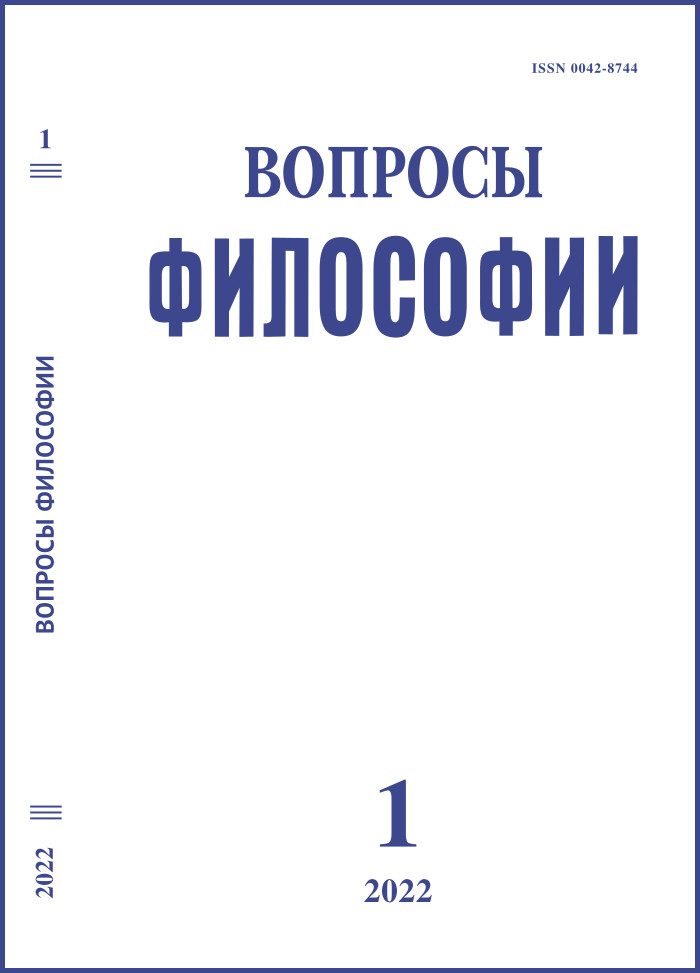Fake Science and Simulacra of Culture: Illusory Ideas about Slavic Paganism in Modern Russian Humanities
DOI:
https://doi.org/10.21146/0042-8744-2022-1-100-110Keywords:
simulacrum, fake, pseudoscience, Slavic paganism, Slavic mythology, A.I. Asov, The Book of Veles, neopaganismAbstract
Modern scientific literature is full of the terms “simulacrum”, “fake”, “post-truth”, “hyperreality”, again and again explaining to us what an illusory world we live in. This world, the artistic quintessence of which was the fantastic dystopia “The Matrix”, is frightening. Fortunately, there is the science that is designed to expose myths and explain to us what the world around us really is. But what if science itself begins to produce massively fake knowledge? This is exactly what happens in Russian science when it comes to the philosophical understanding of Slavic paganism. The article provides numerous examples of how modern scientific publications reflect outdated, unreliable, often obviously fantastic information about it, often going back to the repeatedly exposed fake – “The Book of Veles”, which no longer enjoys authority even among neo-pagans. The mythological phantoms generated by it become not only the elements of mass consciousness, but also the material for various scientific reconstructions. So there is a fusion of science and pseudoscience. The reason for this is the institutional problems of Russian science: excessive stimulation of publication activity, the abundance of scientific publications that publish weak works, and the devaluation of the concept of “scientific reputation”.
Published
Versions
- 2025-02-06 (2)
- 2022-01-31 (1)

